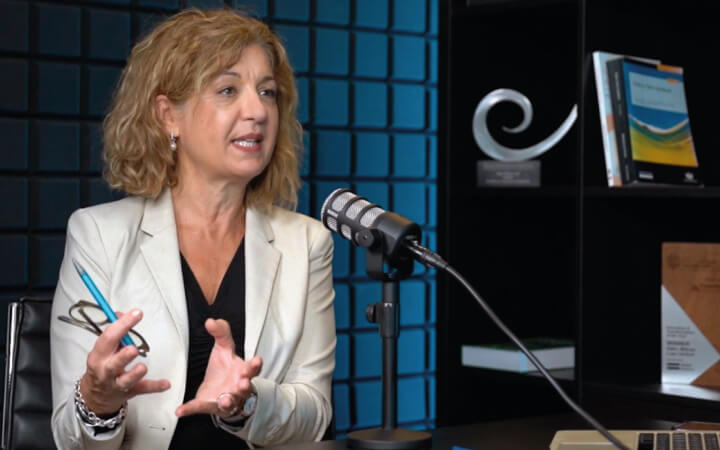
Negative Benefit?
On the sad event of someone’s death there is the potential silver lining of some financial benefit. However, could there be circumstances where an inheritance might place someone in a worse position?
Let us use an example:
Ashley and Charlie do not have any children of their own and want to leave their estate to their sister-in-law, Sarah’s, children:
- Blair (15 years) and is known to spend all their pocket money immediately.
- Ash (25 years) and diagnosed with autism which affects their day-to-day life. They do manage a part-time job, but often spend all earnings on friends and take-aways. They are very generous but easily influenced to give away money.
- Eden (28 years). Recently married after whirlwind holiday romance with a gambler. Family is concerned about the longevity of the marriage.
However, Sarah is unhappy about this and has warned against including her children given various concerns. The factors to consider include:
- Blair will likely waste the inheritance even at age 18 years as they are quite immature and have shown some self-destructive behaviour.
- Ash will lose any means-tested benefits and will be unable to manage the funds. They may be lost due to their generosity.
- Eden’s inheritance could form part of matrimonial assets and lost in divorce proceedings (if not gambled away before by their husband!)
But fear not – Giles Wilson can advise on how Ashley and Charlie may still achieve their wishes, either in their Wills or with some lifetime structuring, without any detriment to Blair, Ash or Eden (and also without upsetting Sarah therefore). In fact, holistic advice might see Sarah coming along with Ashley and Charlie, so that we can consider family-wide planning and any other needs, such as powers of attorney or an application to court to support Sarah’s children.
Use our website to contact us today.





